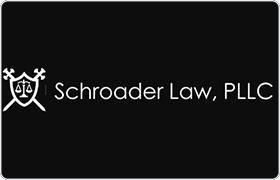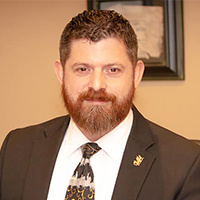Buckley Juvenile Law Lawyer, Washington
Sponsored Law Firm
-
 x
x

Click For More Info:
-
Schroader Law, PLLC
1105 Tacoma Ave S Tacoma, WA 98402» view mapCriminal Defense Exceptional Legal Service
Schroader Law, PLLC offers superior service from start to finish. Attorney Schroader is a knowledgeable lawyer offering comprehensive legal advice with realistic expectations.
800-916-9671
Cristine Beckwith
✓ VERIFIEDCriminal, Misdemeanor, DUI-DWI, Felony, Juvenile Law
We focus on criminal defense, domestic violence, DUI, and Juvenile Law
Cristine Beckwith is the owner of Beckwith Law. She is exceptionally qualified to provide strong representation to clients facing a wide range of crim... (more)
Dorry Ann Leilani Peterson
Litigation, Family Law, Juvenile Law, Criminal
Status: In Good Standing Licensed: 23 Years
Donna Eugenia Vasilkovs
Litigation, Traffic, Juvenile Law, Federal
Status: Deceased Licensed: 37 Years
Douglas N Woods
Juvenile Law, Traffic, Criminal, Business
Status: In Good Standing Licensed: 21 Years
Ruth A. Warner
Juvenile Law, Other, Family Law, Divorce & Family Law
Status: In Good Standing Licensed: 33 Years
Randal B Brown
Civil Rights, Juvenile Law, Education, Indians & Native Populations
Status: In Good Standing Licensed: 44 Years
D. Michael Shipley
Employment Discrimination, Personal Injury, Family Law, Juvenile Law
Status: Inactive Licensed: 36 Years
Alan Jeffrey Willoughby
Juvenile Law, Dispute Resolution, Election & Political, Labor Legislation
Status: Inactive Licensed: 31 Years
 Dennis Schroader Tacoma, WA
Dennis Schroader Tacoma, WA Practice AreasExpertise
Practice AreasExpertise

